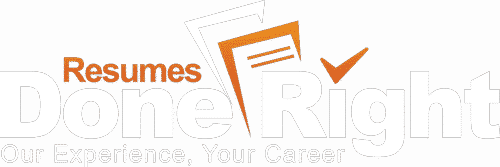How Should I Select a Reference?

First, make a list.
I’ve never had a job before, who should I select as my references?
I Have My References; How Do I Use Them Correctly?
Do not place someone as a reference without first asking them.
Do not include your references with your resume and cover letter unless specifically requested.
Why? This will provide you with time to prepare your reference. Once you’re asked to provide your contacts, you should reach out to each reference and provide them with context. What job did you apply for? What skills are they looking for in that role? Do they feel they know you and your previous work enough to speak to it with a future employer? When possible, you do not want to surprise your references. This is also the perfect opportunity to request a date or time that the employer can reach them, as well as the correct method of contact (email, work phone, mobile, etc.). If the job wants your references as part of the application process, before hitting send, reach out to your references, and let them know! Just like you would if they were requested later in the hiring process. Using your cover letter or a space dedicated to extra information, you can provide the best times to contact your references. This will not only demonstrate respect for your references, but it will also demonstrate organisation to the employer. It’s never too early to make a positive impression!
Now that you have a quick guide to references, you’re ready to start that application process! Still have questions? Contact us for more information or a free consultation today!

